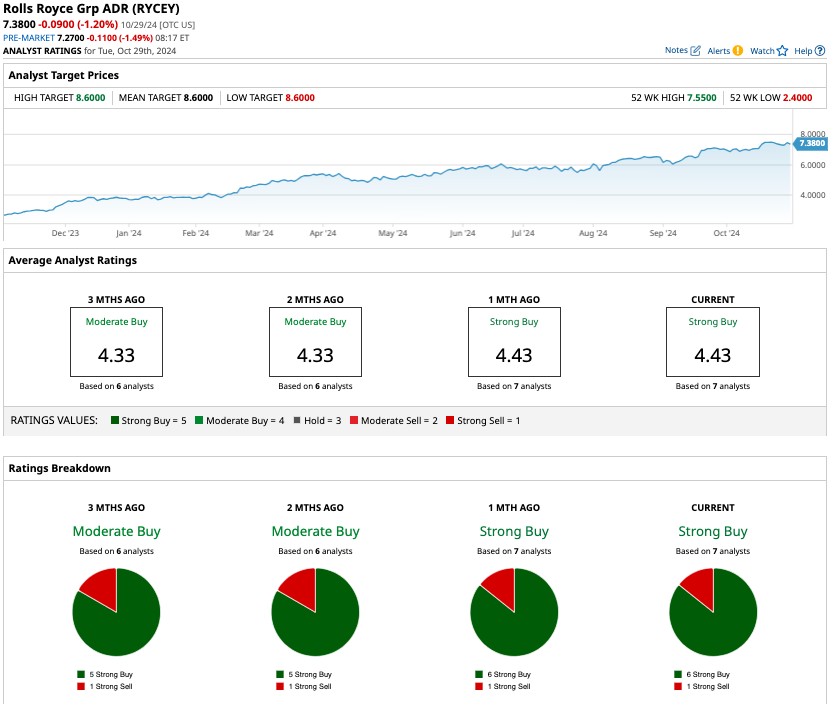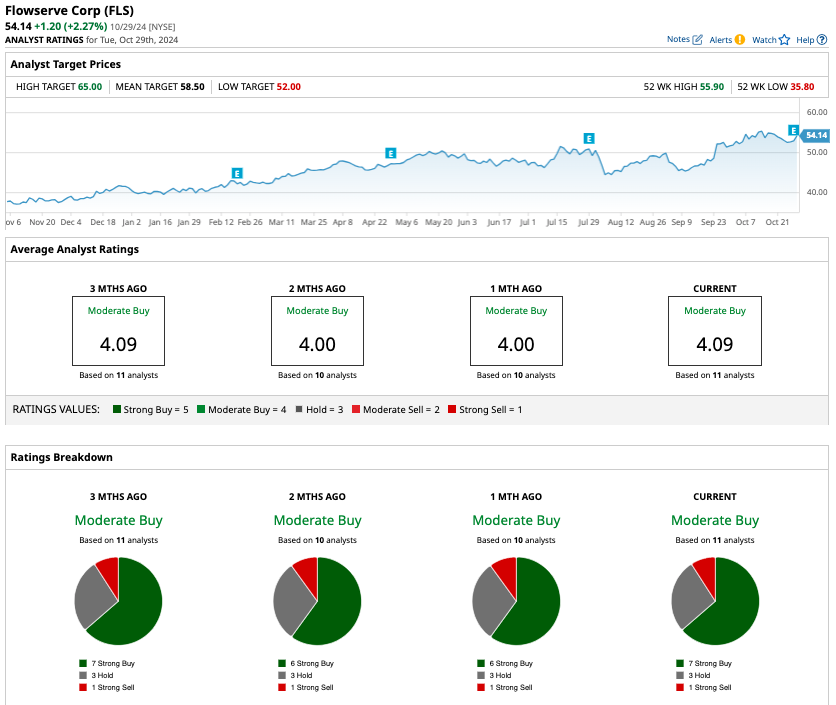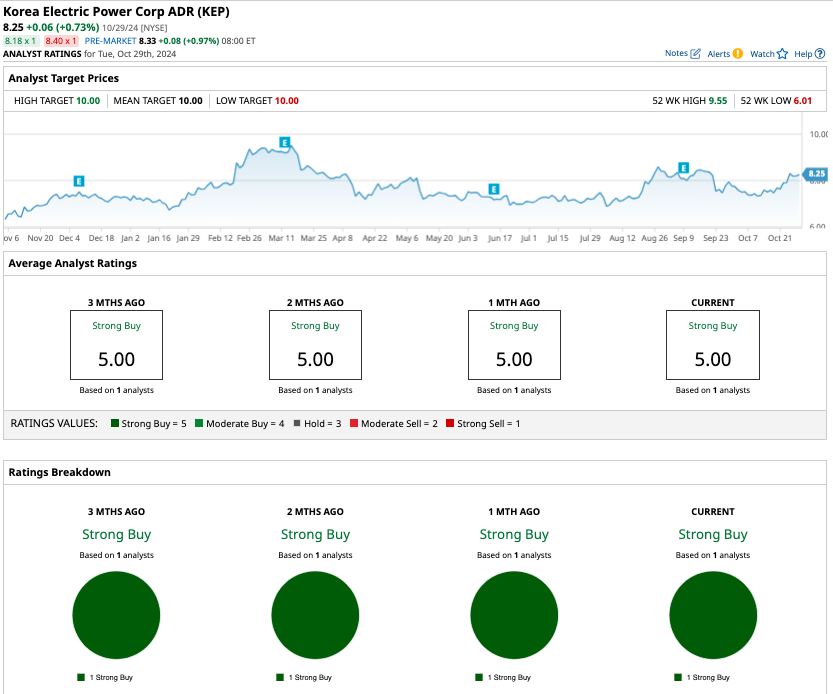The era of artificial intelligence (AI) is upon us, and it is anticipated to significantly increase energy consumption. A report from the International Energy Agency (IEA) suggests that data centers will account for approximately one-third of the rise in electricity demand by 2026.
Tech titans are increasingly looking to nuclear energy to meet this surge in demand, particularly as they invest heavily in AI model development and deployment. Microsoft (MSFT) has recently signed a 20-year agreement with Constellation Energy (CEG) to power its data centers with nuclear energy. Similarly, Amazon (AMZN) and Alphabet (GOOG) (GOOGL) are also embracing nuclear power, which has led to a notable increase in the value of nuclear stocks.

In light of this trend, analysts at SocGen have identified three nuclear stocks that have not yet reached parabolic levels and are currently flying under the radar.

In the world of nuclear energy, three stocks stand out for their potential but have yet to experience a parabolic rise in value.

#1. Rolls-Royce Stock
Rolls-Royce (RYCEY), valued at $62.7 billion by market cap, operates in four primary business segments: Civil Aerospace, Power Systems, Defense, and New Markets. The New Markets segment is particularly noteworthy as it focuses on the development, manufacturing, and sale of small modular reactors (SMRs) and new electrical power solutions.
This year, Rolls-Royce announced that CEZ Group, a Czech-based state utility, selected them as the preferred supplier for a mini nuclear reactor program. Additionally, the U.K. government identified Rolls-Royce as one of four companies for its SMR program.
The global SMR market is projected to reach $72.4 billion by 2033 and $295 billion by 2043, with a compound annual growth rate of 30%. Rolls-Royce anticipates generating an operating profit of $3 billion in their investor presentation.
The article presents three overlooked nuclear stocks. #1. Rolls-Royce Holdings plc (RYCEY). It is projected to have a revenue between $3.62 billion and $4 billion by 2027, with a margin of at least 13% and a return on capital between 16% and 18%. Out of seven analysts covering RYCEY stock, six recommend “strong buy” and one recommends “strong sell”. The average target price for RYCEY is $8.60, indicating an upside potential of over 16% from current levels. #2. Flowserve Stock (FLS). Valued at $7.1 billion by market cap, it designs, develops, manufactures, distributes, and services industrial flow management equipment. It participates in all forms of energy generation including coal, natural gas (NGZ24), nuclear energy, solar power, wind, and hydrogen. Its diversified business lines enabled the company to end Q3 with a significant installed base across pumps, valves, and seals.
In the realm of nuclear energy, three stocks stand out for their potential growth, yet have not experienced a parabolic surge. Flowserve, a company with expertise in nuclear products and services, saw its nuclear energy-related bookings reach $100 million in Q3, driven by demand from both legacy assets and new nuclear capacity in Europe and Asia. The company’s project funnels for nuclear power increased by 20% year over year in the September quarter. Analysts anticipate FLS stock’s adjusted earnings to grow from $2.10 per share in 2023 to $3.19 per share by 2025, making the stock reasonably priced at 18 times forward earnings. Among the 11 analysts covering FLS stock, seven recommend a ‘strong buy,’ three suggest a ‘hold,’ and one advises a ‘strong sell.’ The average target price for FLS stock is $58.50, signaling an over 8% upside from current levels.
The third stock on our list is Korea Electric Power (KEP), an electric utility company that operates both in South Korea and internationally, focusing on the generation, transmission, and distribution of electricity.
The company generates power from various sources including nuclear, coal, oil (CLZ24), liquefied natural gas (LNG), internal combustion, integrated gasification combined cycle, hydro, wind, solar, fuel cell, biogas, and others. It provides electricity to residential, commercial, educational, industrial, and agricultural entities. KEP ended 2023 with 794 generation units and an installed generation capacity of 83,235 megawatts. The single analyst covering KEP stock has a “strong buy” recommendation. The target price of $10 represents a 21% premium above the current price.



